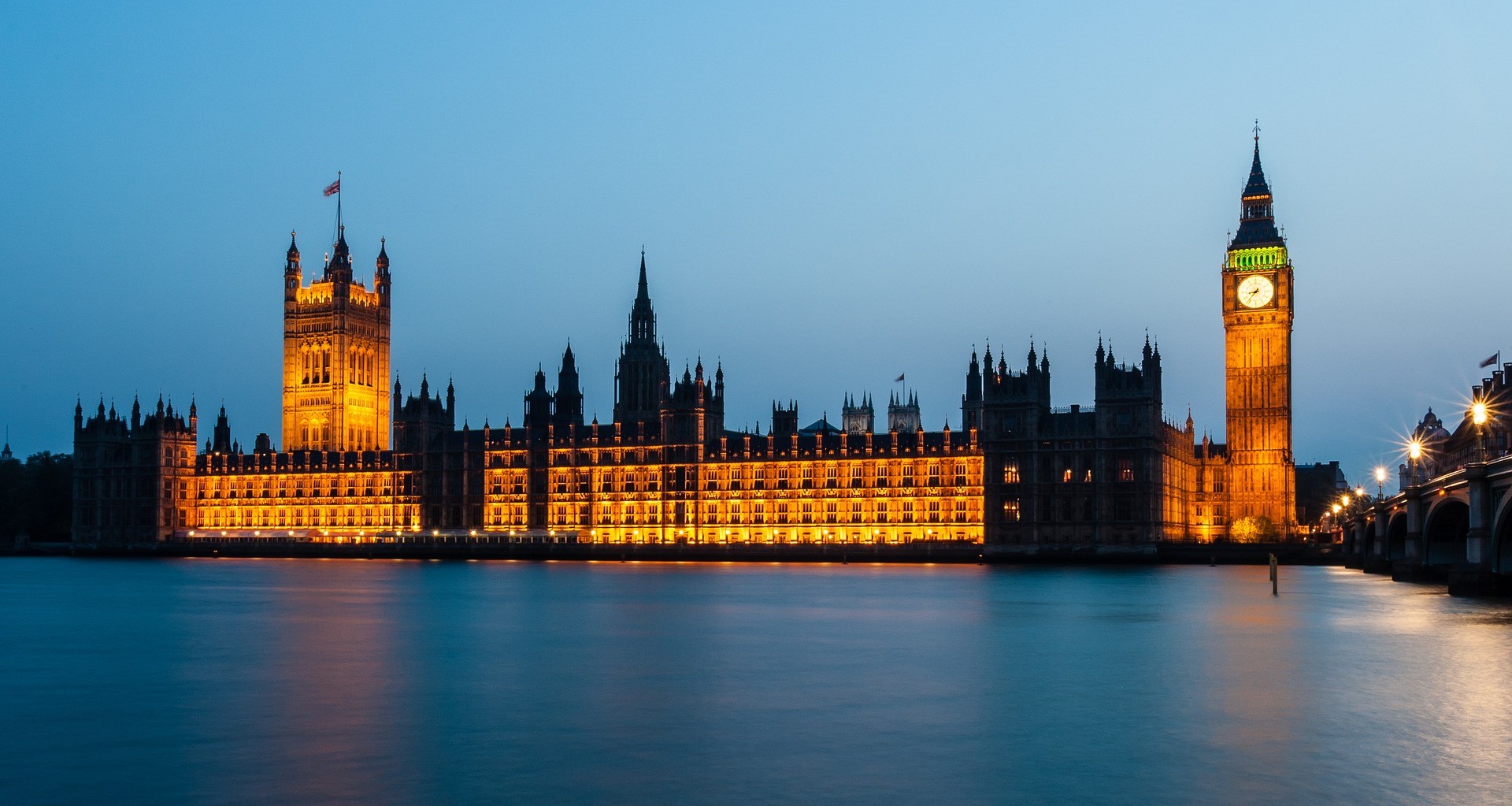AXA IM: ‘Boring’ elections to improve UK investment climate
AXA IM: ‘Boring’ elections to improve UK investment climate

The upcoming British general elections will be very different from the ones in 2019, as the two main parties now differ only by nuances within a general mainstream view.
This is 'in stark contrast with a recent tendency in the West to put populist offers at the heart of the debate' and 'boring politics' might be attracting domestic and foreign investors to the UK, according to Gilles Moëc, AXA Group Chief Economist and Head of AXA IM Research.
The elephant in the room remains Brexit, and how a better trade relationship could be built with the EU. None of the big national parties want to tackle it.
'The Conservatives don’t want to talk about it because they have little to show for their promise that Brexit would lead the country to pastures green. Labour does not want to talk about it because they do not want to alienate a segment of the blue-collar vote which had deserted them in 2019 to support Boris Johnson,' Moëc explains.
Moëc adds: 'All this may make for a relatively boring campaign and election outcome in the macroeconomic realm, but this would come as a nice relief considering how populist propositions have often been at the heart of the debate across the West in the last political cycle.”
If Brexit is off the table, the biggest debate will be one about fiscal rules.
'The most salient point on the economic agenda is likely to be the fiscal rules framework, with some not completely marginal issues on policy sequencing and coordination with monetary policy. This will however remain an essentially technical debate, with no space for fiscal adventures on either side. Another interesting point revolves around how a Labour administration could try to offset fiscal prudence with some re-regulation, especially on the labour market, but again, we do not expect big swings,' Moëc says
His promise of political stability and long-term fiscal planning is precisely what domestic and foreign investors alike have lacked for much of the last decade – something that has reduced the UK’s weight in global asset allocation, Moëc explains:
'A return to assessments of the nitty-gritty from the two main parties may ultimately bring that long-prized outcome of increased international investment and with it domestic productivity gains. This may be something that follows this election but judging by recent performance in sterling and UK equities, it may already be underway in anticipation. UK politics may have become boring again, but probably, boring is good.'









